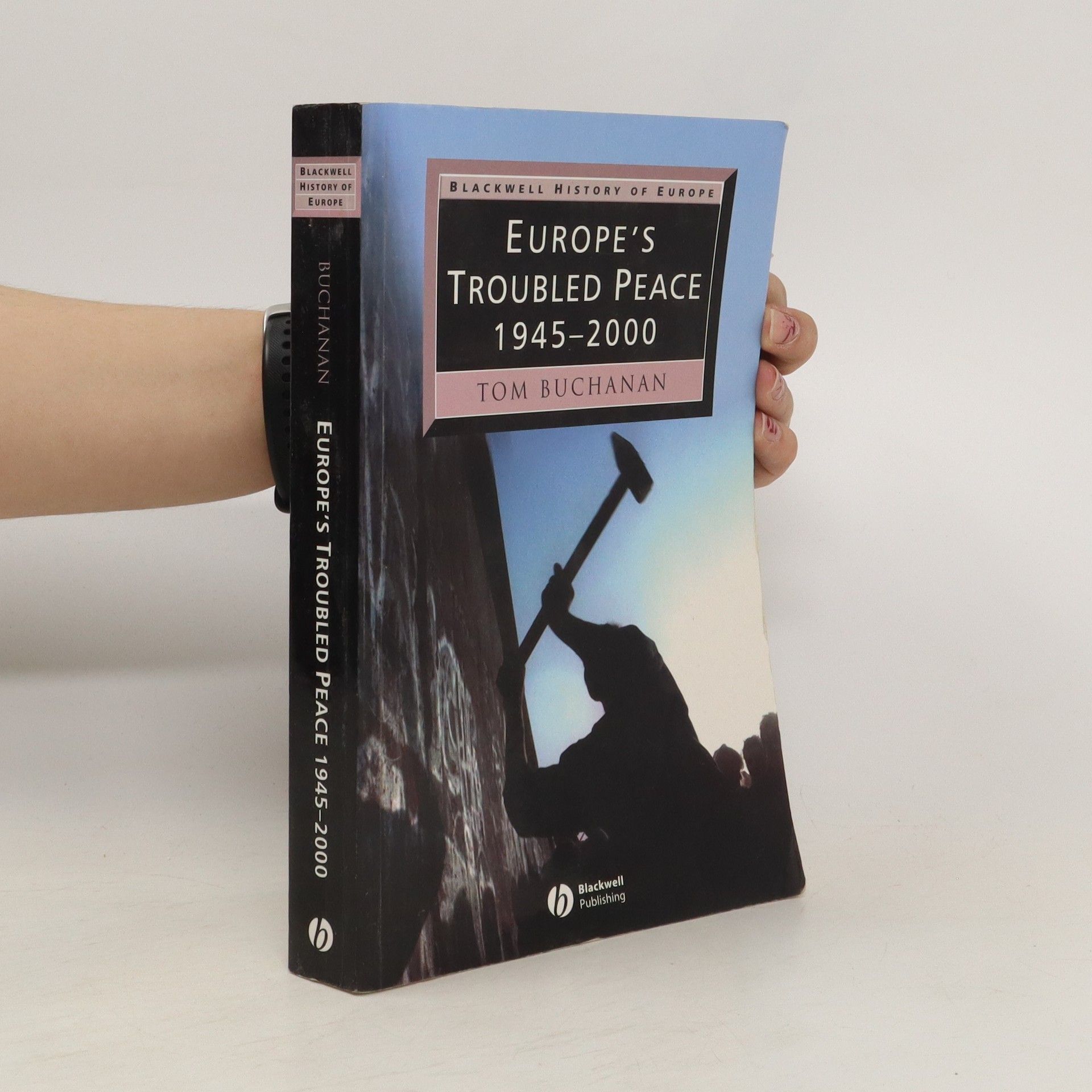Covering the period from the end of the Second World War up to the Millennium, this book offers an integrated overview of the history of Europe, east and west, in the second half of the twentieth century. The text: Deals not only with developments in politics, economics, and international relations, but also examines social and cultural trends Covers the history of central and eastern Europe in depth, as well as that of western Europe Describes the impact of the Second World War on Europe Discusses in detail the impact of the Cold War across the continent. Recounts the rapid and dramatic changes in eastern Europe and the USSR that led to the end of the Cold War Takes the reader right up to the end of the century, offering a new interpretation of Europe in the 1990s
Buchanan Tom Bücher



Amnesty International and Human Rights Activism in Postwar Britain, 1945-1977
- 356 Seiten
- 13 Lesestunden
Tom Buchanan traces the development of the human rights movement in post-war Britain, examining its origins as a coalition of activists, the birth of Amnesty International in 1961 up to Amnesty's receipt of the Nobel Peace Prize in 1977, and how these activists were able to effect major changes in public and political attitudes.
'Salads can be anything you want them to be' says Fi Buchanan. In Seasonal Salads she showcases 52 mouthwatering recipes, one for every week of the year. Here it is, a book that celebrates salads in all their seasonal glory.